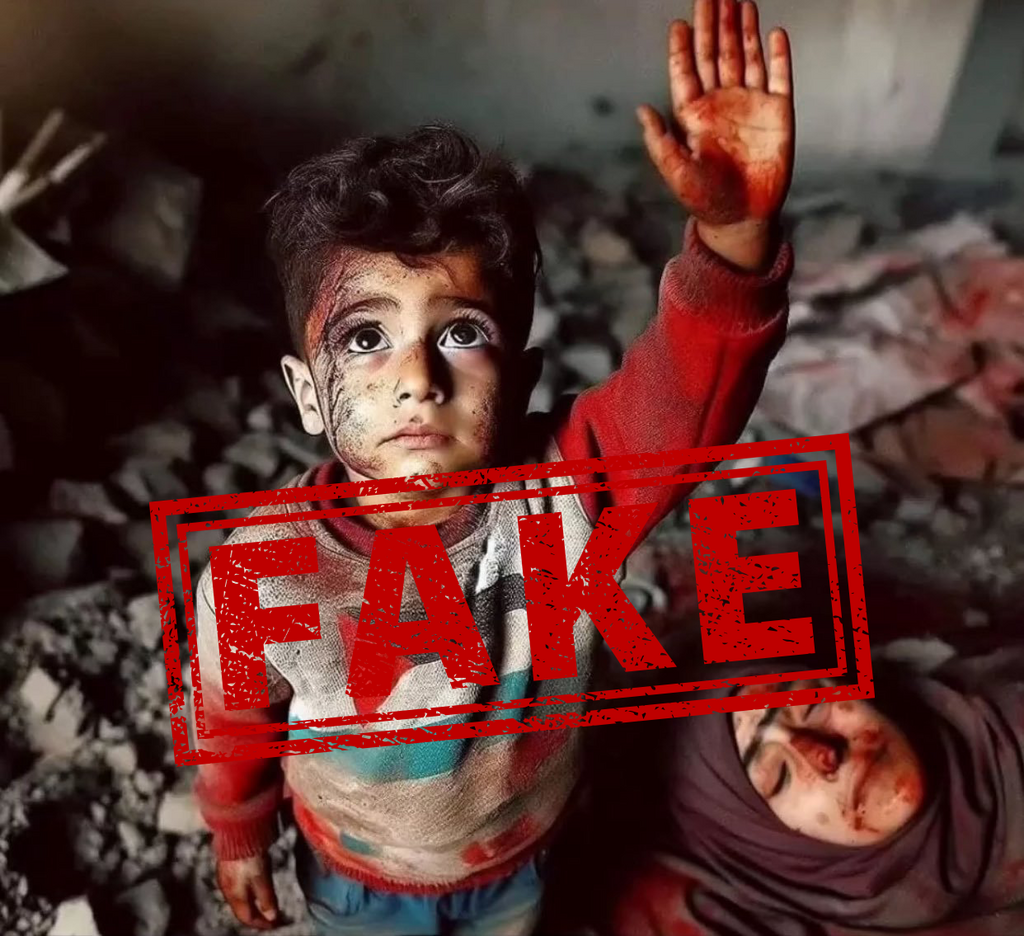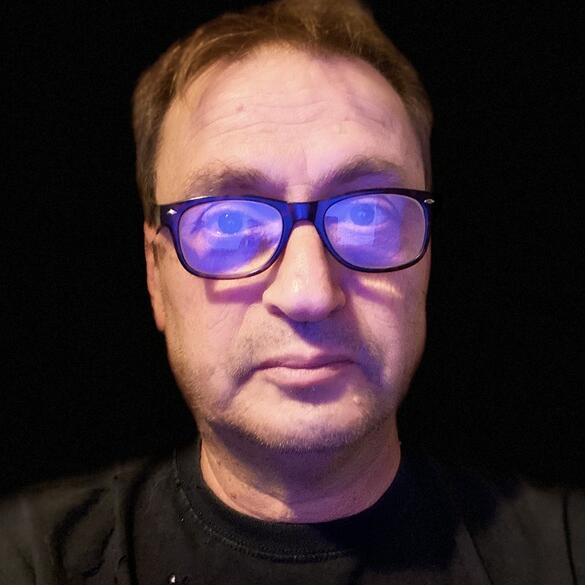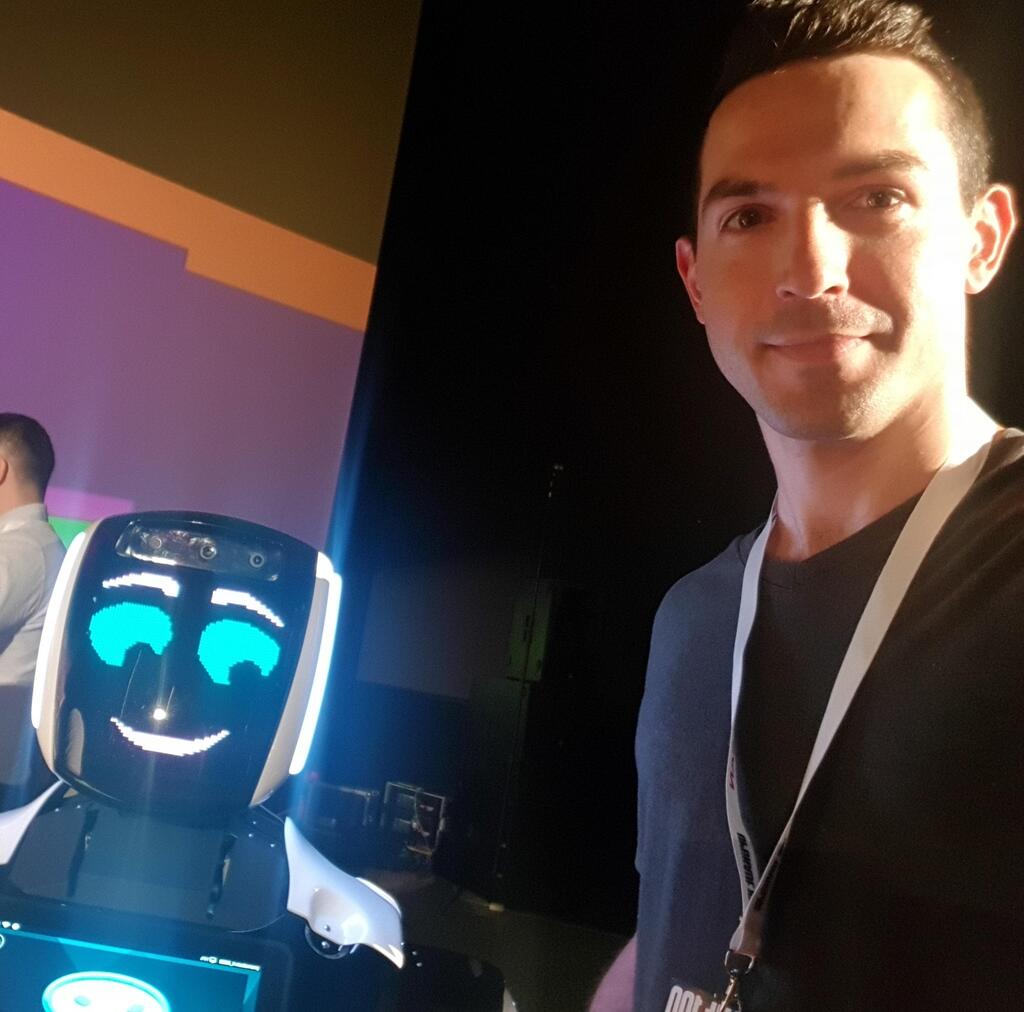Getting your Trinity Audio player ready...
Recently, there has been an increased use of AI tools such as Dall-E, Midjourney, or Stable Diffusion to spread disinformation about Israel and companies who openly support the country in its war against Hamas. Zefr, a company specializing in monitoring incitement content on social networks, researched the phenomenon using a new AI tool developed by the company and will present its findings at the IMVC conference at Expo Tel Aviv next month.
"Following the events of October 7, we identified a twenty-fold increase in the amount of manipulated information in the context of Israel and Hamas. This is the first case in which significant use of AI for propaganda and incitement purposes is seen," said Or Levi, CEO of Zefr.
We identified a growing trend on social networks of video content with millions of views against popular brands associated with Israel and calls for boycotts against them. This incitement campaign ultimately harms the country and gives us extra motivation to work on these issues," he added. The company collaborates with fact-checking organizations worldwide to improve its ability to detect manipulated content.
4 View gallery


It's easy to create fake images such as this AI-generated photo of a six-fingered child
The world of AI underwent several changes and improvements in the fields of fake and deepfake images, using generative artificial intelligence (GenAI) in the past year. Levi explains two types of malicious use of artificial intelligence regarding image creation.
The first involves images of events that never happened, "fake images of destruction and loss, and most people can't distinguish between fake and real, with intending to influence global public opinion." The second type involves images intended to harm commercial companies such as those supporting Israel, calling for their boycott. These images usually feature the company's logo or product, immersed in blood, with the caption: "Boycott."
In the past year, Zefr has developed a unique AI tool capable of accurately identifying images created using GenAI, such as the image of Trump being arrested or the Pope wearing a bulletproof vest. This is a complex technological task that has not been successful so far. The company trained its AI on tens of thousands of authentic and manipulated images, combined with semantic search on social networks, resulting in a 95% detection rate, surpassing human capabilities.
Levi explains that fake internet content is classified into 12 categories, including terror, incitement, and fake news. Zefr's system analyzes the video, categorizes it into one of the categories, and also determines its risk level. Advertisements that violate the social media platforms' policies are brought to their attention for review and removal.
The main use of the new technology is to protect companies and networks from false campaigns so that their advertisements are not associated with incitement or false conspiracy videos. "Viewers associate them with fake content, and then their reputation is damaged as a result. We help them block the fake ads."
Regarding the campaign against McDonald's, could one argue that it's freedom of expression?
"From the platform's perspective, it's a complex issue due to freedom of expression. From our perspective, it's not complicated. The client doesn't want to run the campaign on this content. We identify it as incitement content, and we block it so that the ads don't appear on it." The fake image detection system primarily focuses on identifying fake content on politicians and celebrities and detecting malicious use of logos or commercial symbols, that involve copyright infringement.
Or Levi was the founder of the startup AdVerif.ai, specializing in detecting textual fake news. In 2022, the company was acquired by Zefr, which deals with all aspects of internet incitement, primarily on social media. The company's clients are mainly global advertisers and brands.






